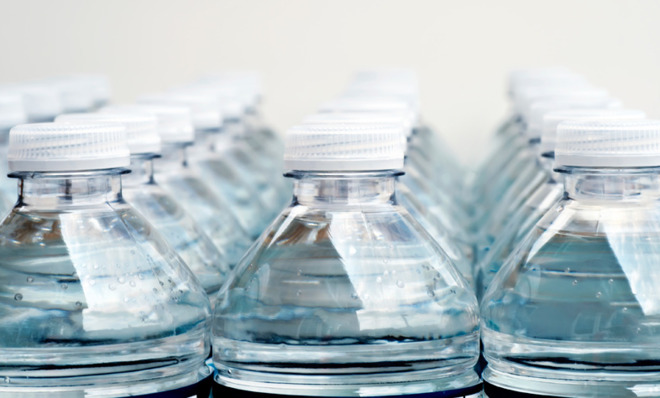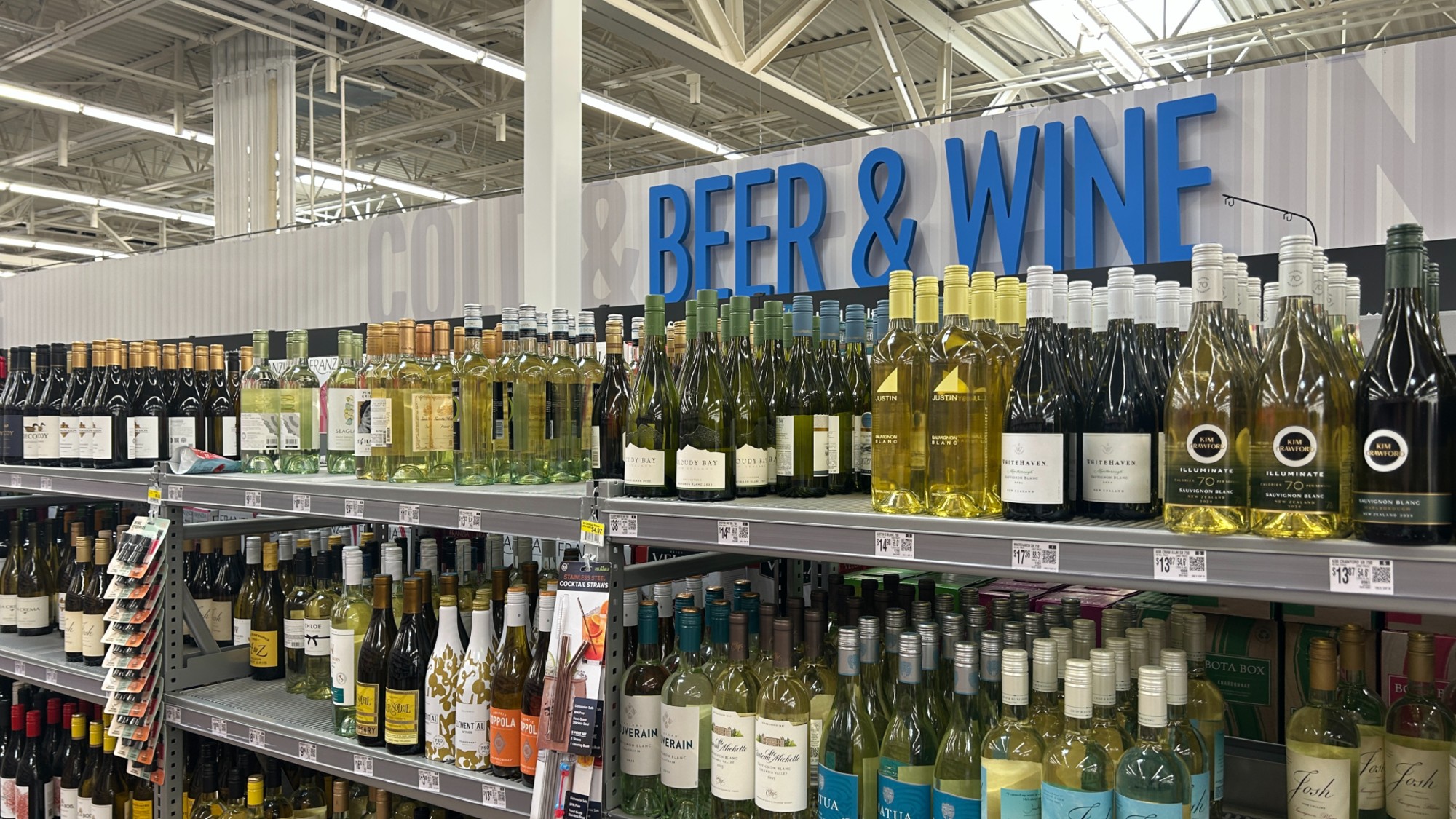Bottled water is the marketing trick of the century
American consumers spent $11.8 billion on bottled water in 2012, drinking an average of 140 liters each


Writing in the Daily Telegraph, Dr. Phil Hammond wonders whether we have all swallowed the "water con." Have we, he asks, abandoned rational thought?
The answer to this question, at least in terms of the way we purchase and consume bottled water, is emphatically yes. Consider the probability, in the U.S., that in the next few years bottled water will overtake carbonated soft drinks as the largest beverage category. American consumers spent $11.8 billion on bottled water in 2012, drinking an average of 140 liters each.
In the U.K., the market is worth £1.6 billion per year and Britons drink more bottled water than fruit juices or wines and spirits. Consumption per person exceeded 34 liters in 2012, up from 26.9 liters in 2001. That growth shows no sign of slowing either, as consumption is set to reach 40 liters per person by the end of the decade.
The Week
Escape your echo chamber. Get the facts behind the news, plus analysis from multiple perspectives.

Sign up for The Week's Free Newsletters
From our morning news briefing to a weekly Good News Newsletter, get the best of The Week delivered directly to your inbox.
From our morning news briefing to a weekly Good News Newsletter, get the best of The Week delivered directly to your inbox.
Given the fact that U.K. tap water is widely considered to better for you than the bottled variety, and subject to more stringent safety checks, why do Britons insist on purchasing something which is up to 300 times more expensive than what comes out of their taps?
According to Richard Wilk, professor of anthropology at Indiana University, bottled water is the most revealing substance for showing us how the global capitalist market works today. "In a sense", he says:
We're buying choice, we're buying freedom. That's the only thing that can explain why you would pay money for a bottle of something that you can otherwise get for free. [BBC]
Why we buy is indeed explained, at least in part, by the triumph of advertising and marketing. Bottled water has become the indispensable and freely available attribute of those wishing to demonstrate their health and sophistication. Evian, for example, has long used the slogan "Live Young," which, according to the company, is the expression of Evian brand values. The connotations of immortality are never far away from a brand that suggests its "naturally pure and mineral-balanced water supports your body's youth."
The key to the marketing of bottled water is that it is a healthy alternative. But to what? As marketing expert Kathryn Hawkins has pointed out, bottled water is not sold as an alternative to tap water, but as an alternative to fizzy drinks. Hawkins highlights the Nestle Pure Life campaign, which attempted to persuade mothers to replace one sugary drink each day with the company's water products.
A free daily email with the biggest news stories of the day – and the best features from TheWeek.com
But the truth is, in the U.K. and the U.S., public tap water is of outstanding quality. In July 2012, the Drinking Water Inspectorate published samples from 1.9 million tests in England and Wales, which showed 99.96 percent compliance with legal standards. As the Ecologist illustrated, the figure has been above 99 percent for nearly 20 years.
But image is paramount, of course, especially when you are trying to sell something that is essentially free. Packaging assumes primary importance. Advertising campaigns for Norwegian mineral water Isklar have emphasized its icy, pristine "pure glacier" quality, while the U.K.'s Highland Spring boasts, "Bottling water products from natural sources is all and everything we do. It's our focus. Our specialism."
Such marketing implicitly contrasts the purity of the product with the artificiality of modern life. The purchase of bottled water allows us to communicate our uniqueness and the care we have for bodies and the environment.
And herein lies the problem. The packaging and marketing may suggest the beauty of the natural world, but the reality has severe ecological consequences. The BeCause Water movement for water sustainability states that almost 3 million tons of plastic are used to produce bottled water worldwide, and 80 percent of this ends up in landfills. The Pacific Ocean now has an area twice the size of Texas called the Great Pacific Garbage Patch, which is made up of plastic deposits.
There is a sense that things might be changing — that the environmentalists may yet win over the marketers. Last year, the Ecologist magazine called the British public's "love affair" with bottled water a national scandal. Professor Paul Younger, a specialist in water resources and groundwater engineering was quoted as saying, "The bottled water industry is very largely a scam, and a very expensive one at that, in terms of both money and extravagant carbon footprint."
This is certainly the view of Elizabeth Royte, author of Bottlemania: How Water Went on Sale and Why We Bought It. She contends that, like an iPod or a mobile phone, a bottle of water is "private, portable, and individual." And if ever there were an unholy trinity emblematic of a disposable culture, I suppose this is it.
More from The Conversation...
-
 Why is the Pentagon taking over the military’s independent newspaper?
Why is the Pentagon taking over the military’s independent newspaper?Today’s Big Question Stars and Stripes is published by the Defense Department but is editorially independent
-
 How Mars influences Earth’s climate
How Mars influences Earth’s climateThe explainer A pull in the right direction
-
 ‘The science is clear’
‘The science is clear’Instant Opinion Opinion, comment and editorials of the day
